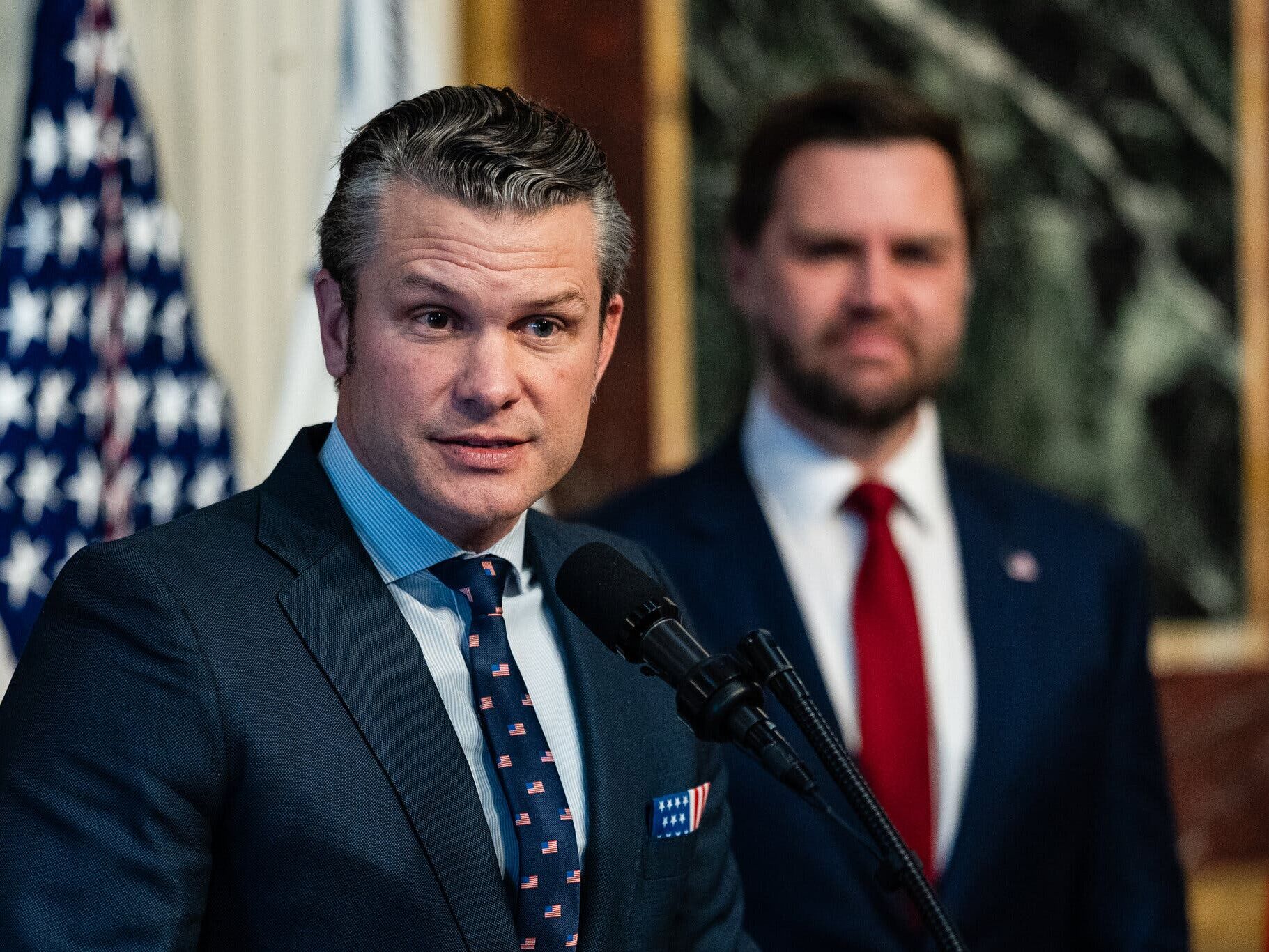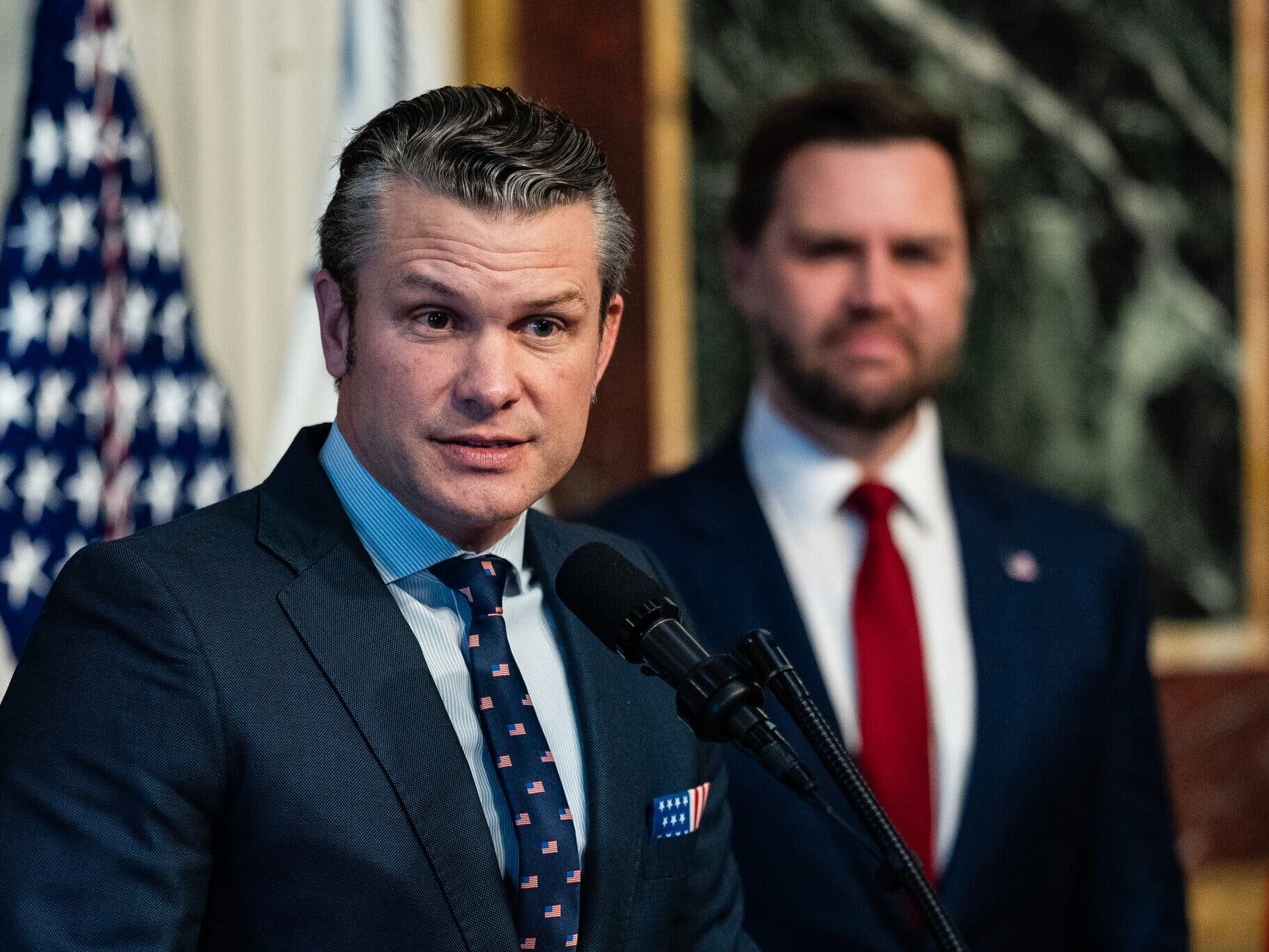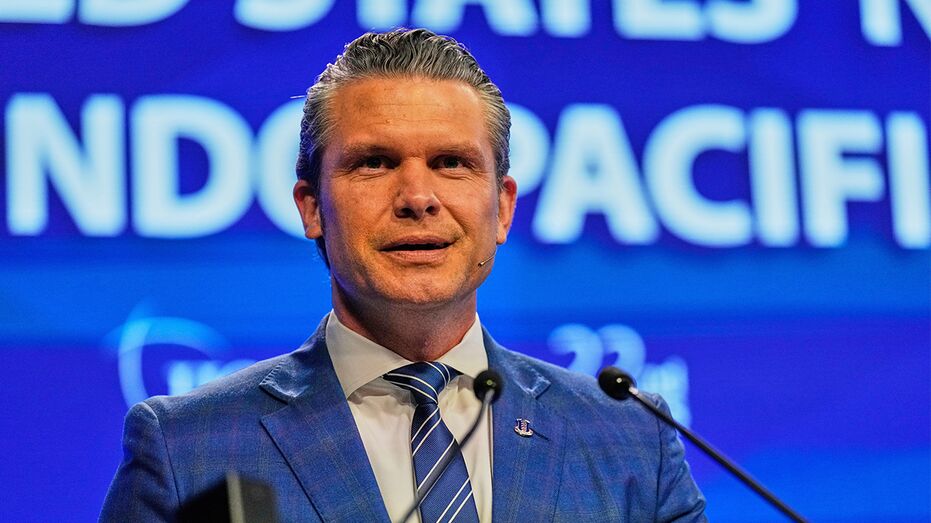
U.S. Defense Secretary’s Assurances to Indo-Pacific Allies Amid Rising Threats from China
Published on: [Date]
Strengthening Alliances in the Face of Growing Threats
On Saturday, during a prominent security conference in Singapore, U.S. Defense Secretary Pete Hegseth delivered a strong message to allies in the Indo-Pacific region, reaffirming the United States’ commitment to supporting them as they confront escalating military and economic threats from China. Hegseth emphasized that the time has come for these nations to enhance their own defense contributions to ensure a robust collective security framework.
The Realities of the Chinese Military Threat
In his address, Hegseth characterized the threat posed by China as “real” and potentially “imminent,” particularly with regard to Taiwan, a territory claimed by Beijing. Recent activities have seen the Chinese military conducting exercises that resemble blockades on the island, raising alarms about Beijing’s intentions. “The Chinese army is rehearsing for the real deal,” Hegseth warned, indicating a pressing need for allied nations to be prepared for various contingencies.
China’s Military Aspirations and Capabilities
Hegseth outlined concerns that China’s military aims to position itself for a potential forced takeover of Taiwan by 2027. He observed that the Chinese regime is not just strategizing but actively training for such scenarios. The construction of artificial islands serving as military outposts, as well as advancements in hypersonic and space capabilities, contribute to what Hegseth described as the U.S. initiative known as the “Golden Dome.” This phrase reflects the U.S. commitment to expanding its defensive capabilities in response to the evolving scenarios presented by China’s military posture.
Critique of China’s Global Ambitions
The focus of Hegseth’s concerns was not limited to the Indo-Pacific. He also criticized China’s growing ambitions in Latin America, where there are indications of attempts to exert influence over critical infrastructures, including the Panama Canal. This geopolitical maneuvering underscores a larger strategy by China to extend its reach and influence across continents, prompting calls from U.S. officials for heightened vigilance and increased defense spending among regional allies.
A Call for Increased Defense Spending
In a bid to bolster regional security frameworks, Hegseth urged nations within the Indo-Pacific realm to align their defense expenditures more closely with their economic capabilities. Drawing parallels with European nations, he advocated for contributions that reflect proportional respect for regional defense needs akin to their Gross Domestic Product (GDP) contributions. This message resonates in a geopolitical landscape where collective defense becomes increasingly crucial.
Responses from International Leaders
However, not everyone was in agreement with Hegseth’s assertions. Kaja Kallas, the European Union’s top diplomat, criticized his remarks suggesting that European countries should focus solely on regional issues while the U.S. handles threats in the Indo-Pacific. Kallas highlighted the interconnectedness of global security dynamics, especially as North Korea has been reportedly aiding Russia, while China continues to support Moscow. This points to a more complex security environment where regional actors may find themselves entangled in wider geopolitical conflicts.
Conclusion: The Need for Collective Security
The discussions at the Singapore security conference underscore the pressing need for allies in the Indo-Pacific and beyond to unite in their defense strategies amid rising threats from an assertive China. Hegseth’s comments serve as a clarion call for increased military readiness and robust international collaboration. As nations grapple with strategic challenges, the assurance from the U.S. signifies not only a commitment to its allies but also a recognition of the complexities of global security interdependencies.

















